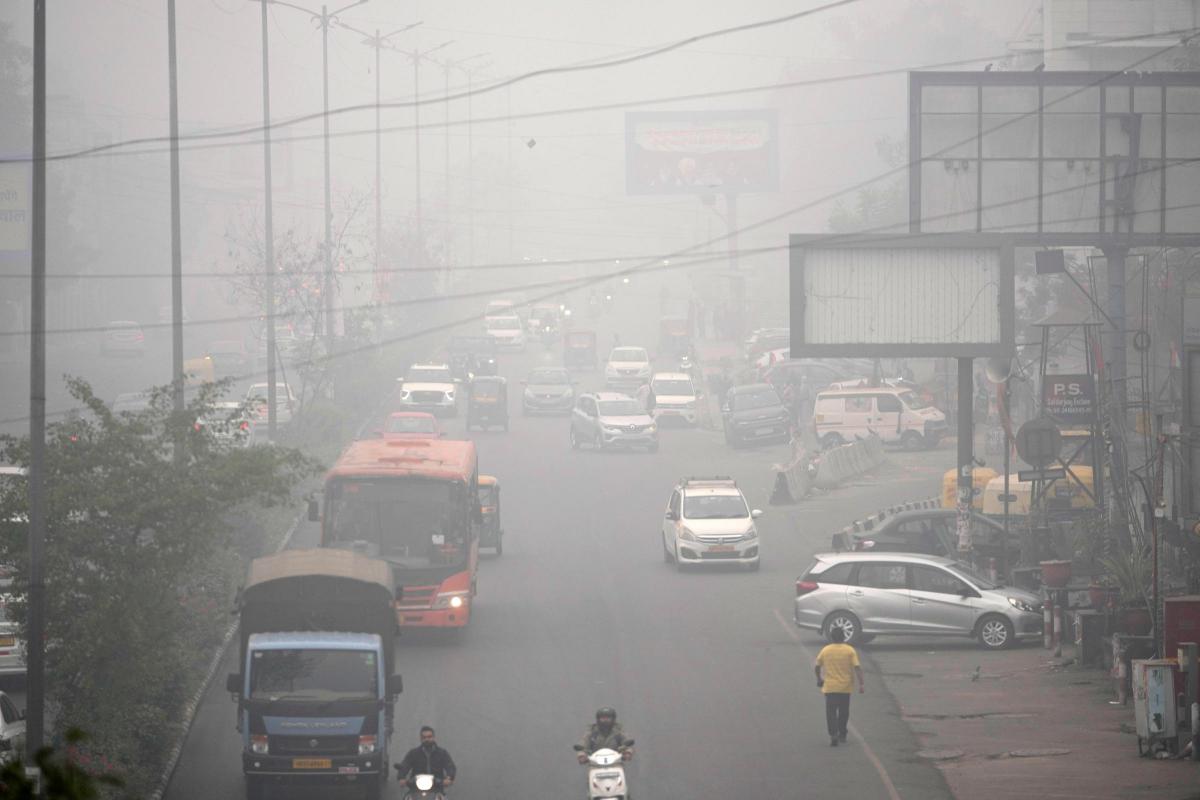The health crisis in Afghanistan is deepening due to cuts in
foreign aid and violations of women's rights by the Taliban government, as
outlined in a recent Human Rights Watch report. The Taliban's restrictions are
obstructing women's access to healthcare, compounded by education bans leading
to a scarcity of female health workers, exacerbating a crisis long forewarned
by Afghan medical professionals.
Dr. Sharifa Wardak, with over two decades of experience
training midwives in Maidan Wardak, highlighted that while 70% of clinics in
the province remain operational, nearly all rely on funding from foreign aid
organizations.
The suspension of activities by entities like the Swedish
Committee of Afghanistan, prompted by Taliban directives following external
incidents, has crippled essential healthcare services. For instance, in Maidan
Wardak, vital support such as iron folic acid and high-energy biscuits for
pregnant women and malnourished children has ceased, leaving vulnerable
populations without crucial resources.
The impact is not confined to remote areas; even major
hospitals, including the 100-bed Wazir Mohammad Akbar Khan Hospital in Kabul,
face dire consequences. Dr. Najibullah Nusra explained the reliance on
International Committee of the Red Cross (ICRC) support, which has dwindled
significantly, leaving hospitals grappling with financial strain and medication
shortages.
The abrupt halt in ICRC funding for pharmaceutical purchases
has forced patients to procure medicines privately, adding a significant
financial burden amid widespread job losses and economic instability. The
consequences are dire for Afghan families who depend on government-run
hospitals and clinics for medical care.
Dr. Sharaf emphasized the ripple effects of economic shocks,
where purchasing medications from non-hospital pharmacies exposes patients to
expired or substandard drugs. The compounding challenges of economic strain and
dwindling healthcare resources paint a grim picture for the nation's wellbeing.










.jpg)